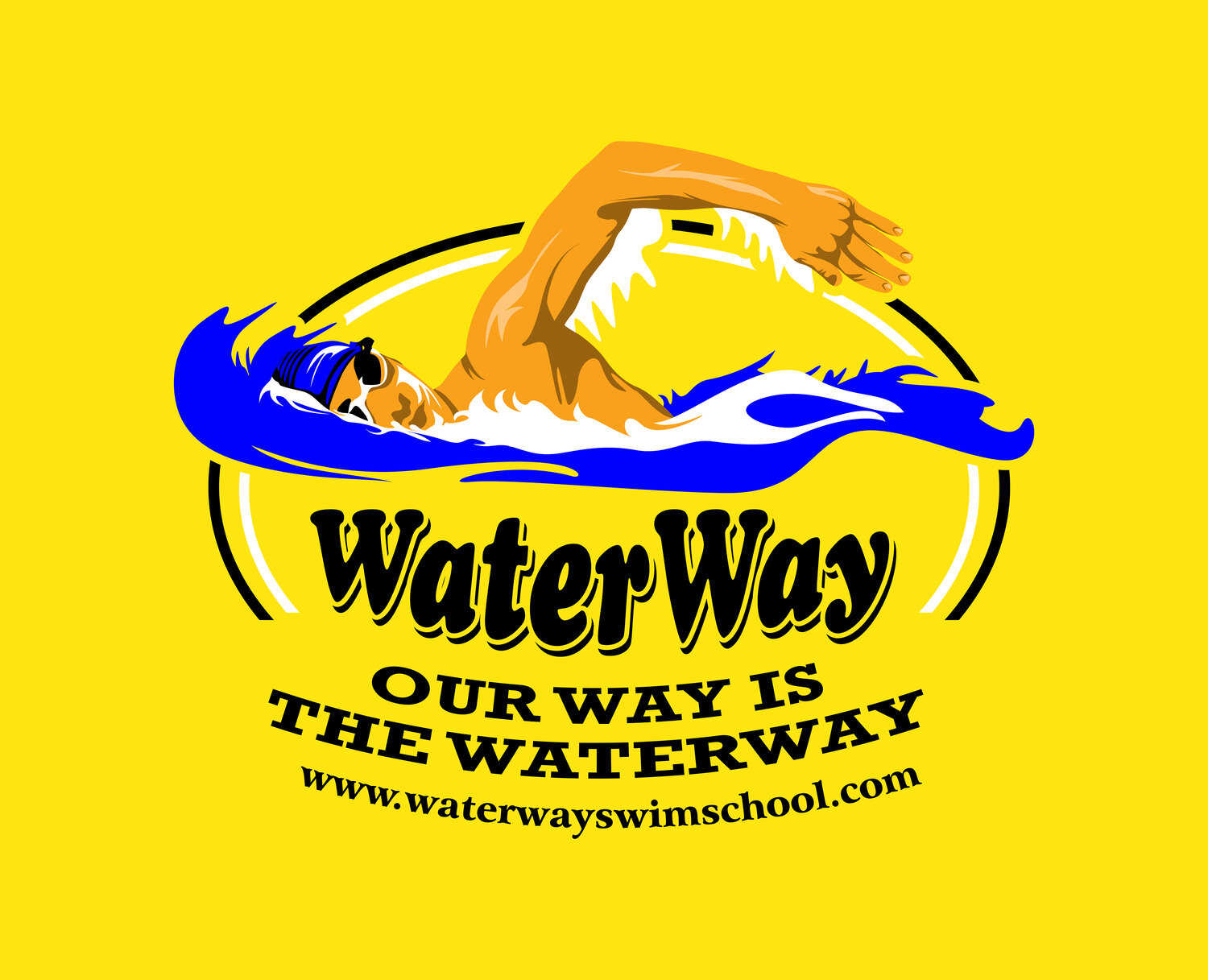Benefits Beyond the Pool
Encourage a love for physical activity: Swimming is a fun sport, by introducing it early on as a fun activity, kids are more likely to grow up enjoying the benefits of it. As adults, we think of being in shape - but as kids, it’s about being faster, and having fun, and the satisfaction from doing well.It can instill the sense of satisfaction that comes from really pushing yourself to see what you can accomplish.
Team Skills: Swimming requires discipline, being accountable and showing up to practices and meets (even if you don’t always feel like it). Fast forward to high school, and those same skills of putting in the work to get results means studying for tests and doing well; knowing when things are due - being accountable to yourself or to your group on group projects. It also builds self- esteem, especially duringt hose teenage years when life seems amplified.
Confidence: teaching your kids to swim means that they have something they can learn to love and have the opportunity to excel at. It teaches them that they can do what they set their minds to, and that hard work pays off. That sense of confidence sets them up for success in life, it tells them that they should dream big and then work to achieve those dreams.
Be Present: It encourages being in the present - swimming has meditative properties. It forces you to slow down your breathing and focus on one thing at a time. And it lets you burn off all that excess energy - which, lets be honest, kids often need to find outlets to do.
Top 5 Reasons to Teach Your Kids to Swim
Teaching kids to swim is the gift that keeps on giving - from an early age all the way into adulthood. Here are our top five reasons to put your kids in swim lessons:
Fitness and Health - this may seem like an obvious one, but participating in sports decreases the chances of childhood obesity. Swimming is a low impact sport with little chance of injury, that is a year round activity. As a cardio activity, its good for the heart, builds stamina, and increases flexibility.
Coordination - swimming builds coordination skills - learning to balance in the water, and moving your arms and legs simultaneously, as well as controlling your breathing.
Confidence and Motivation - Much like riding a bike without mom or dad behind her, your little one will gain confidence from being able to swim by herself. It teaches her to rely on herself in the water, and as she gets stronger, she’ll realize what she’s capable of - both in and out of the pool.
Team and Individual Sport - Swimming can be both social and individual - kids learn to work together with teammates as well as rely on themselves. Playing and working well with others is a skill that’ll help them in school and beyond.
Safety - the Center for Disease Control and other experts agree that the biggest reason that kids should know how to swim is safety. Unfortunately, drowning is the #2 cause of injury and death for children, and teaching them the skills to help themselves sets them up for success.
Infant Swimming Reflex
Human babies demonstrate an innate swimming or diving reflex from birth until the age of approximately six months. Babies immersed in water will spontaneously hold their breath, slow their heart rate, and reduce blood circulation to the extremities. During the diving reflex, the infant's heart rate decreases by an average of 20%. The diving response has been shown to have an oxygen-conserving effect, both during movement and at rest, oxygen is saved for the heart and the lungs. The diving response can therefore be regarded as an important defense mechanism for the body.
Infant Development Through Swimming
Learning begins at birth; this can be seen in the process of teaching a baby to swim. As a baby develops these mobility functions, breathing will become deeper, more regular, and more mature. This enhanced respiration helps the baby to be able to make sounds, which improves communication and overall language development. When the baby can move better, and breathe better, health also improves. When the baby is able to communicate better with mom and dad, baby is happier. It is easy to see that these are all valuable “side-effects” of swimming.
Swimming Enhances Cognitive Ability in Children
Children who swim from a young age are sometimes more than a year ahead of their peers in their cognitive and physical development. In children studied, results surpassed expectations and indicated swimming children had an advantage when starting school. They were anywhere from six to 15 months ahead of the normal population when it came to cognitive skills, problem solving in mathematics, counting, language and following instructions. On average, swimming children were 11 months ahead of the normal population in oral expression, six months ahead in mathematics reasoning, and two months ahead in brief reading. As well as achieving physical milestones faster, the swimming children also scored significantly better in visual-motor skills. They were significantly better than the normal population in story recall (17 months ahead) and understanding directions (20 months ahead).



